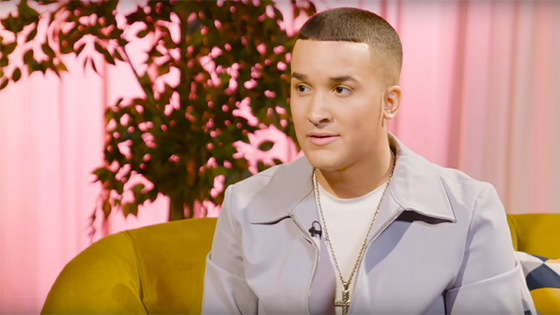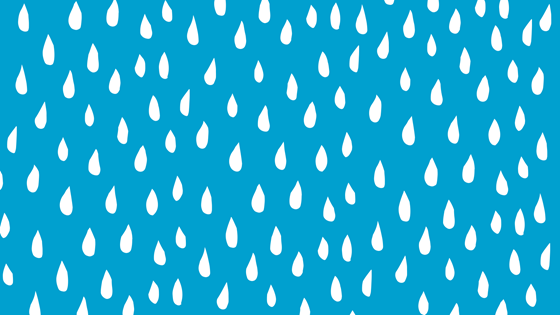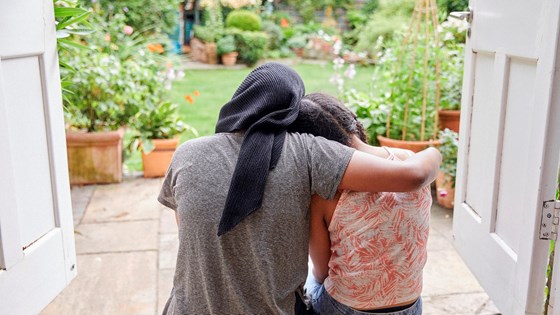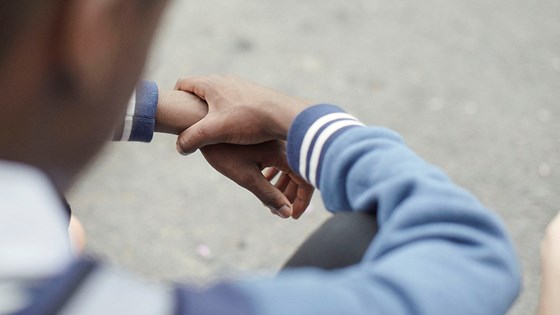Things you should remember:
- nobody should have to experience domestic abuse in their home
- if it’s happening, it’s not your fault
- domestic abuse doesn’t always involve physical violence – it can also include bullying and threats
- you can always speak to a counsellor about what's going on
- if you’re in danger call 999.












